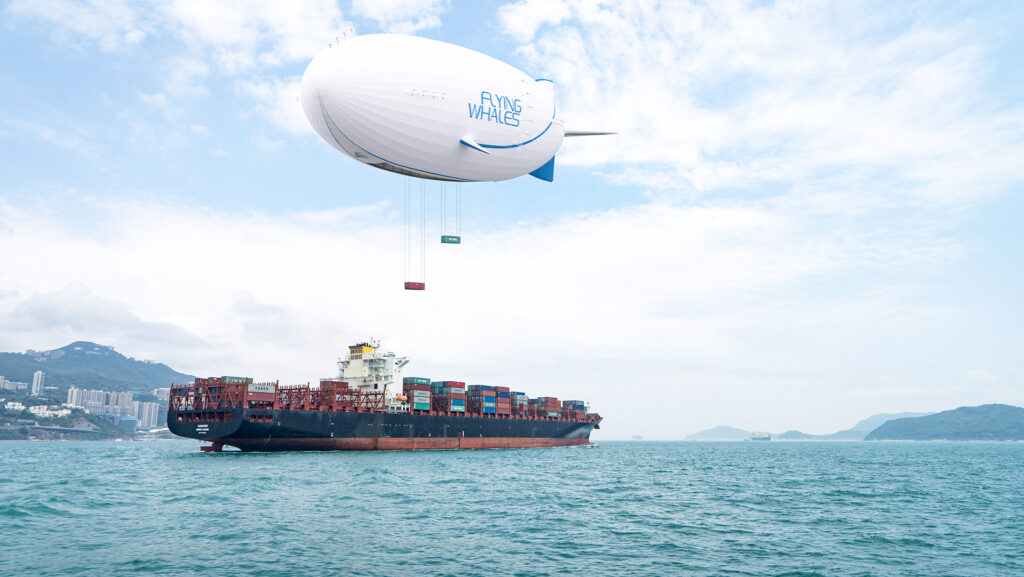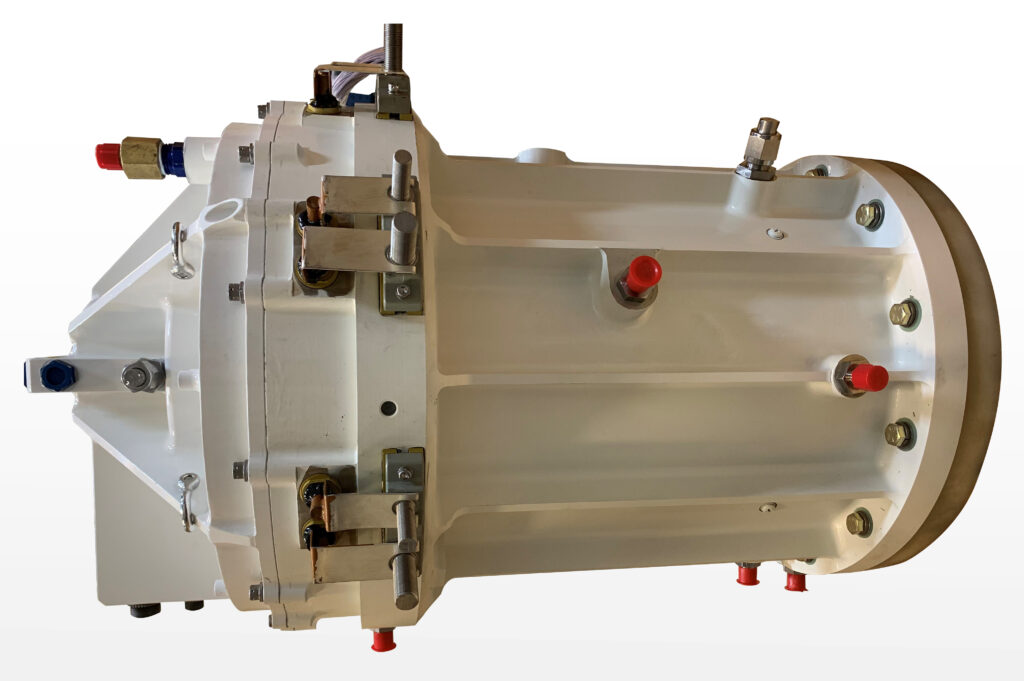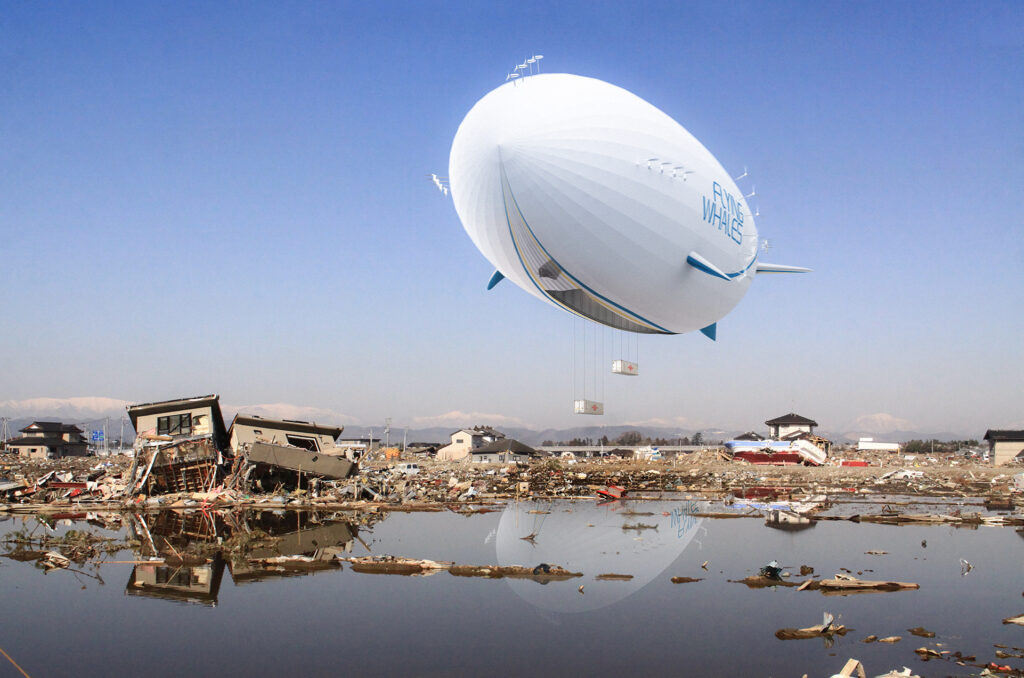Honeywell Will Provide Generators for Hybrid-Electric Airship


Flying Whales Quebec has chosen Honeywell’s 1-megawatt generator to supply power for its new hybrid-electric VTOL airship. (Photo: Flying Whales)
Recently, Honeywell International announced that it had made a deal for the use of the company’s powerful generator. This deal, made with Flying Whales Quebec, means the generator will help power a promising hybrid-electric cargo ship, the LCA60T.
Flying Whales Airships Quebec is a startup that designs air transportation vehicles for cargo use that assist landlocked communities in developing economically through improving accessibility to air cargo. In addition, Flying Whales aims to reduce the environmental impact of cargo air transportation, planning to use a hybrid-electric system to power its new airship.
Powered by Honeywell’s 1-megawatt generator, the 200-meter-long (656 feet) vertical take-off and landing (VTOL) airship will be used for transporting heavy loads across various markets. Given the sheer size of the airship, intense power will need to be generated for flight to be possible. Each airship will require four 1-megawatt generators. For perspective, one megawatt of power alone would be enough to power Honeywell’s engine testing facility near Phoenix, Arizona, which sprawls over 100 acres.

Pictured above is Honeywell’s 1-megawatt generator. (Photo: Honeywell)
This generator, which will be integrated with a Pratt & Whitney Canada PT6C-based turbogenerator and a gearbox, can run on either traditional jet fuel or sustainable aviation fuel (SAF) to provide power to the electric motors of the airship. This, in turn, will power the aircraft’s 32 propellers. This generator’s capabilities and applications to the LCA60T are best highlighted by President of Honeywell Aerospace Engines & Power Systems Dave Marinick, who explained, “Honeywell’s 1-megwatt generator is a perfect fit for a transformational aircraft like the LCA60T. Our generator is four times as powerful as any other generator flying today, and at unmatched power density.”
While Honeywell has not disclosed the value of this deal, it’s safe to assume that extensive funding is needed to finance this investment. Between Flying Whales SAS (the venture’s French parent company) and its subsidiary in Quebec, Canada, the company has raised $177.57 million (162 million euros) after three financing rounds. Shareholders of this project even include the governments of France and Quebec.
Flying Whales hopes that its LCA60T will perform its first flight in late 2025, and aims to have the aircraft enter service by 2027. While this airship starkly contrasts current aircraft used in the global air cargo market, it is designed for vertical take-offs and landings and will have the ability to hover while being loaded and unloaded, meaning there will be less of a need for costly infrastructure associated with such a dramatic change in service. The airship will boast a maximum payload of 60 metric tons (132,000 lbs.) and will cruise at a speed of 54 knots. Over 10 years, the company hopes to build 150 aircraft and develop second and third production lines in Quebec and Asia.

“We are pleased and proud to welcome Honeywell, which joins us in developing the next generation of propulsion systems. This important collaboration completes and strengthens our Canadian consortium to develop and manufacture our high-power turbogenerator.” – Arnaud Thioulouse, CEO of FLYING WHALES QUEBEC (Photo: Flying Whales)
The post Honeywell Will Provide Generators for Hybrid-Electric Airship appeared first on Avionics International.
—————
Boost Internet Speed–
Free Business Hosting–
Free Email Account–
Dropcatch–
Free Secure Email–
Secure Email–
Cheap VOIP Calls–
Free Hosting–
Boost Inflight Wifi–
Premium Domains–
Free Domains





